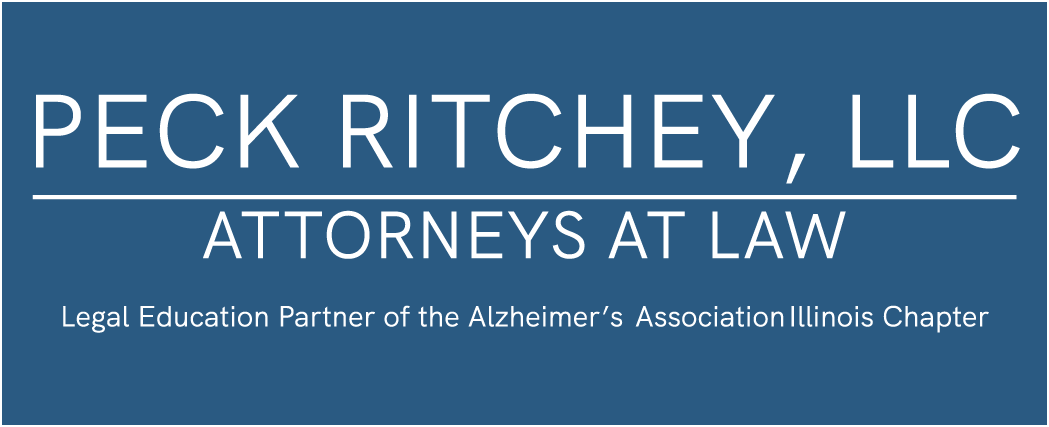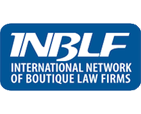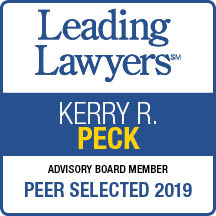Of all the difficult conversations one should have in their life, the one about your end-of-life wishes can be one of the most important. Though the topic is equal parts sensitive and challenging, those closest to you should know how they should proceed after you’ve passed.
When going to discuss this with your healthcare provider, there are a few steps to make the process a little less intimidating:
- Initiate the conversation yourself—despite encouragement from the community for healthcare providers to bring up the conversation, only about 15% actually do.
- Schedule a separate appointment—a doctor might not be able to give you their full attention about this delicate subject if they’re trying to have the conversation in the middle of your yearly check-up.
- Do research—it’s good to be prepared for this conversation. Spend some of your own time considering options and thinking about questions you’d like to ask.
- Choose a representative before your meeting—in the event you cannot speak on your own behalf, it’s a good idea that you have a healthcare proxy who knows what you want. Speak with the person before you go into your appointment and be prepared to have two people as a backup.
- Bring paperwork with you—if there are forms that you know you’ll need for the conversation, print them at home and look over them before you speak with your doctor.
- Think about your questions in advance—when you’re doing research of your own and you run across something you don’t understand or you’re just not finding options that seem right for you, write down those questions to bring in.
- It’s okay to need two appointments—when it comes to your end-of-life wishes, you shouldn’t be coerced or rushed into anything. It’s completely acceptable to request a second appointment so you can consider everything you spoke about with your doctor. Furthermore, it’s recommended that your records are updated every few years.
When it comes to legal documents to consider for your end-of-life wishes, none are better to help you find and navigate those papers than the attorneys at Peck Ritchey, LLC. Contact our competent Chicago Elder Law Litigation Lawyers at (312) 201-0900 today.














